Canine Conditioning Equipment: Purchased -vs- Home Made Equipment
In the beginning of my canine conditioning journey, I got excited and bought EVERYTHING I could afford. Because of that, I ended up spending a lot of $$$ on things I didn’t need, and never really used. I thought what made conditioning exercises effective was the equipment. Later I learned the important part was the actual movement.
In the video I detail the different canine conditioning equipment I find invaluable. This video covers the platforms I use and their qualities. It also covers which inflatables I find are the most useful. I also quickly demonstrate how they can be combined to adjust height, and difficulty level.
Stable -vs- Inflatable
Form drives function. Without proper form/teaching the dog correct movement strategy, the addition of advanced canine conditioning equipment is not going to have the intended effect.
Stable equipment / platforms are used to communicate to the dog where the feet should be placed. It also aids in increasing load in the front/rear end by changing elevation. Lastly, it helps to ensure proper alignment/muscle recruitment is being maintained throughout the exercise.
Using generalized equipment, with specialized movement training, we first train/retrain biomechanics. This corrects faulty movement patterns and improves functionality. Later we an add specialized inflatables to the equation to increase instability,
At the very Foundation level, and the very highest Expert level stable surfaces are used almost exclusively. This is why I use a lot of stable equipment in my programming. Also, I’m pretty thrifty… so like to keep things simple when possible.
More detail about the various platforms can be found in my blog posts Understanding Platforms in Canine Fitness and Measuring for Platforms.
EDIT: Several members asked I list the brands I prefer… I prefer Gator Grip Traction tape. I found it to be grippy, but not excessively rough on the dogs feet… Which can be nice for more sensitive dogs. For the rubber feed bowls, Fortex is my preferred brand, they seem to be constructed of a much thicker lateral than other brands. The DoubleTough brand bowls are also good, especially in the smaller sizes.
EDIT: Since writing this post, I’ve moved away from using the FitBone in favor of the Propel Air Platform by Blue-9. I find it MUCH safer and much more useful. Check out my Propel Air Product Review for more info about why!
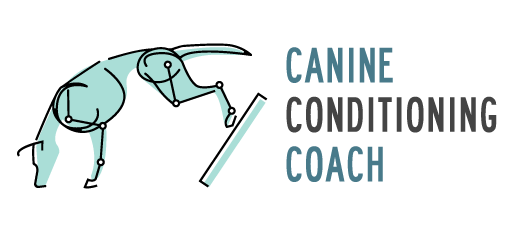
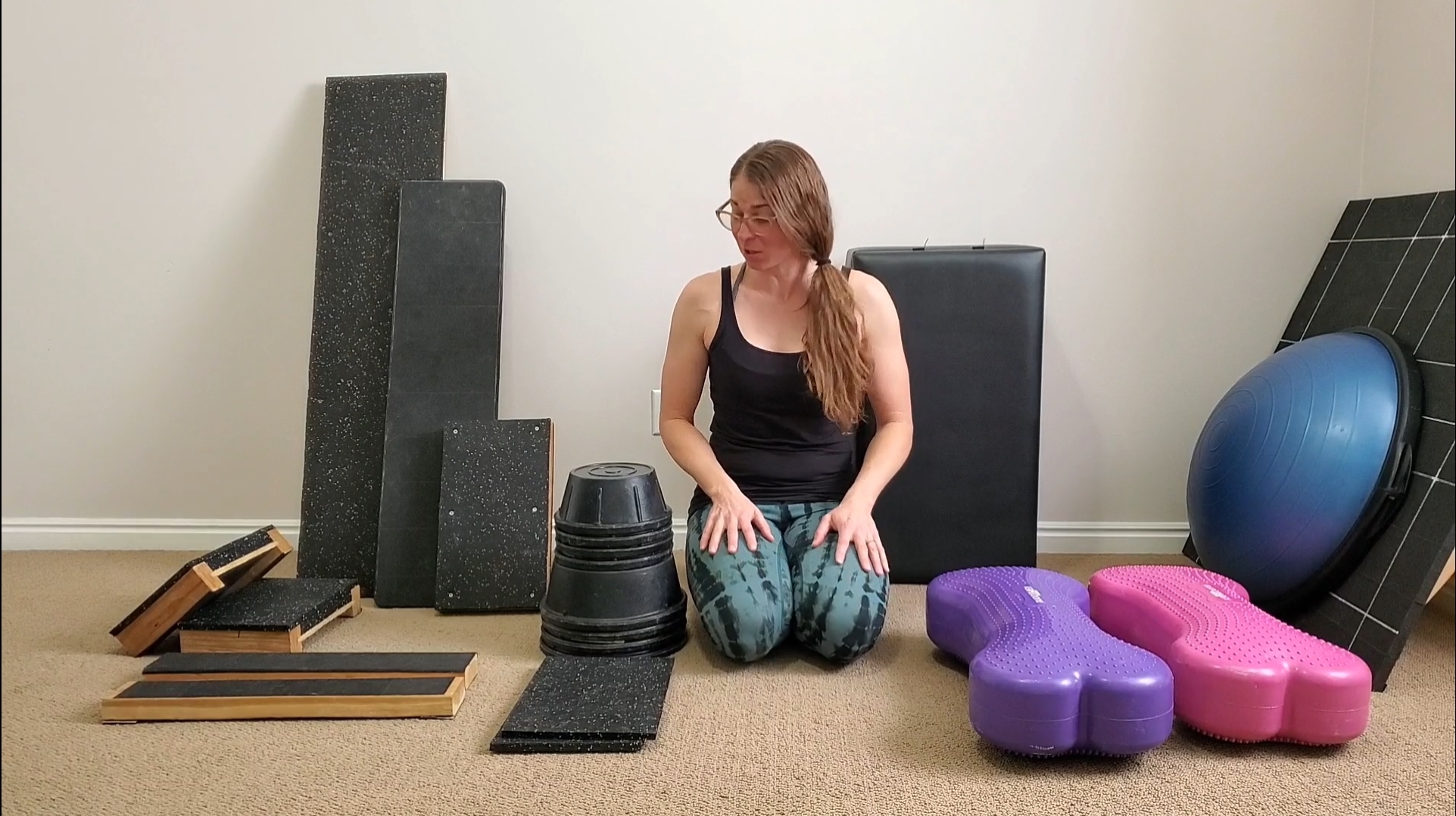
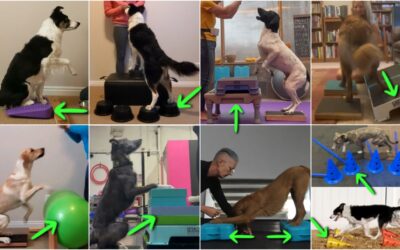
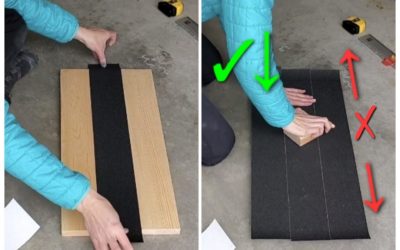
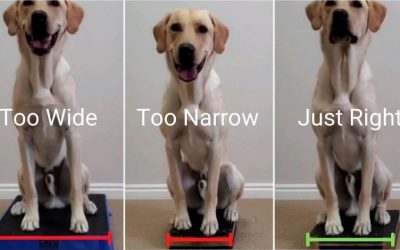
What is the brand of your stabilizer box please?
The box is actually a repurposed piece of human Pilates equipment. But you could easily build a box out of plywood.
Here’s a link to help out out
https://youtu.be/nyut5BakqCc
Very helpful and generous of you to share the details of exactly what you use.
Hi Anna!
We’re looking to start your beginner program soon but want to make sure we have all the necessary equipment first! Besides brand, is there a size recommendation for the rubber feed bowls? I noticed you have some narrower and some wider bowls, would you recommend getting both?
Also, do you recommend the smooth or textured toto paws?
Thank you!
Hey Ilana!
Some of that would have to do with how big your dog is. Can you share some information regarding breed or height at the withers?
Sure! He’s a 50 lb pit mix, about 20 inches tall at withers and about a 4/9 on the Purina Body Score Scale.
Reposting with more information:
He’s a 50 lb pit mix, about 20 inches tall at withers and about a 4/9 on the Purina Body Score Scale.
Hi Anna!
We’re looking to start your beginner program soon but want to make sure we have all the necessary equipment first! Besides brand, is there a size recommendation for the rubber feed bowls? I noticed you have some narrower and some wider bowls, would you recommend getting both?
Also, do you recommend the smooth or textured toto paws?
Thank you!
Hey Ilana! I apologize for the delay!
For larger / more energetic dogs I recommend the Fortex brand rubber bowls (although these may need to be doubled up for larger dogs) or garden paver stones which are often available from the garden department of your hardware store (round or square). The garden pavers can be stacked and are heavy enough that they generally won’t slip or slide. Alternatively, you can build your own foot targets which is discussed in the measuring for platforms blog.
Regarding sizing of the feed bowls… I use both the 16 cup and 8 cup sizes for my 76lb Labrador. So that would likely be a good size for your pup. Any dog larger than Ron Burgundy would likely need to size up.
For the pods, a 50lb energetic dog would do much better with the TotoFit Nubby Pods due to their internal support structure. Here’s a link! http://totofit.com/product/nubby-pawds/
Hi I am starting to build some of the equipment which is great because everything I need will be super small. I have pomeranians. That being said sometimes I struggle when equipment such as a bosu ball is recommended as it is huge for my guys. Even the rubber bowls are very large for my dogs. Any recommendations for things for tiny dogs?
Hey Kristina!
Finding appropriately sized equipment for the littles can certainly be challenging. A substitute for the Bosu might have to be a foam pad or balance disc. The foam pads come in different density. Some are more squishy and others are more firm. And they can be cut to size which can be helpful for the littles.
A good substitute for the rubber bowls is metal cake pans. They come in a variety of sizes, so you can find ones that are the proper diameter and height. You will need to cover the surface in something non slip like a yoga mat or grip tape. But I have had several small dog people who have used this option.
The brand Flexiness also has some inflatables especially sized for small dogs. So that might be a good resource.
Thinking of starting your puppy program for my 15 wk old chessie, my last two had bilateral ACL tears and TPLO surgery
Will your program help with this issue?
So, what do you suggest for a 26 lb pup that will grow to about 75 lbs?
Do you start out big or do you need to scale up the equipment as the pup grows?
Hey Ron!
This is a great question! I’m glad you reached out!
Regarding preventing a CCL tear… This is a question near in dear to my heart, since my Border Collie had a bilateral CCL rupture and bilateral TPLO also.
The current understanding of CCL disease is there’s not much that can be done preventatively. The majority of CCL ruptures are the result of CCL disease…Which is a genetic predisposition… So the result of normal forces being applied to a diseased ligament vs abnormal forces being applied to a healthy ligament.
But with the current understanding, there’s no evidence to suggest that conditioning can guarantee prevention… Unfortunately.
That being said, a dog with a solid conditioning background, and a high skill level in executing exercises will recover much more easily from a TPLO then a dog with no conditioning background. Some people in the industry call this “Pre-hab”. So there is a definite upside to implementing a formal conditioning program… Even if it doesn’t guarantee prevention.
Regarding the platform itself, I usually use two sets of platforms. 1 set for 0-8 months or so… And then another set for the puppy’s full grown size.
For example: With my Labrador I used a set of 9.5 in wide platforms (built out of a 2×10) until he was about 8 months old, and then I switched to his adult size platforms which are 11.5 in wide (built out of a 2×12).
I hope that answers all of your questions! If not, I’ll be at my computer a lot of the day today. Feel free to comment here, or shoot me an email
[email protected]
Hi, being complete new to all of this and being wheelchair bounded, I wonder if it’s realistic for me to do this with Nona , my 9 month Golden doodle, having a sloppy sit. Where should I start and do I have to sign up for it first?
Sorry, me being Dutch, living on a Spanish Canary Island, where it’s even impossible to get a proper harness, I always have to wait for people/friends coming over and bring things.
I don’t know where to start and don’t like to post my restricted mobility issues in public but want the best for my pup.
Hey Esther!
It may be possible to implement the Sloppy Sitters Mini-Program as is, depending on your available space and the level of training you have on Nona. If you want to chat a bit more, feel free to send me an email, and we can go over the challenges you might face, and see if this is a good fit, or if there are adjustments we can make to provide accommodations. [email protected]